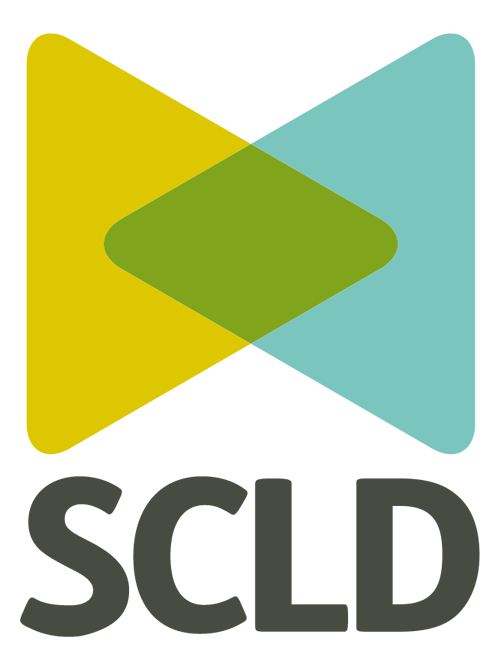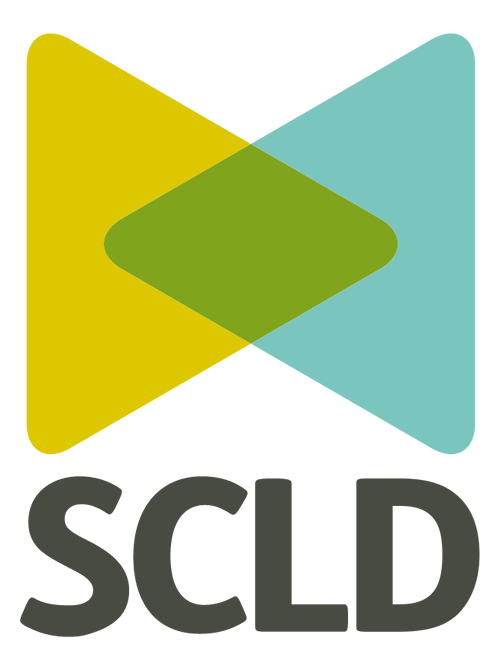
Guest Blog: SallyAnn Kelly on the Rights of Children and Young People with Learning Disabilities in Scotland
To celebrate World Children’s Day and the 30th anniversary of The United Nations Convention on the Rights of the Child, SCLD asked SallyAnn Kelly CEO of Aberlour to reflect on the rights of children in Scotland and what needs to be done to ensure children and young people with learning disabilities can realise their rights…
This week marks the 30th anniversary of The United Nations Convention on the Rights of the Child (UNCRC). This was the starting point for establishing universal rights for all children and young people around the world, and has continued to evolve to recognise and reflect our better understanding of what children’s rights are and how we can make them ‘real’. As an organisation that has children’s rights at the heart of the work we do every day, Aberlour is committed to championing the rights of all children here in Scotland.
Over the last three decades, there have been many examples of how children’s rights have been recognised and realised for children in Scotland. Children’s rights were first protected in law in the UK by the Human Rights Act 1998. In 2004, the Scottish Parliament created an independent Commissioner for Children and Young People in Scotland to promote and safeguard children’s rights. Scotland’s national children’s policy Getting It Right For Every Child (GIRFEC) is informed directly by the UNCRC, as is the Curriculum for Excellence and other national children’s policy initiatives.
The Children and Young People (Scotland) Act 2014 legally obliged future Scottish Governments to “give further effect” to the UNCRC, and just this year we have seen the law changed to give children the same protection from assault and violence as adults. Now the First Minister has committed to fully incorporating the UNCRC, with the Scottish Government due to introduce a Bill in the Scottish Parliament next year.
It is fitting, therefore, that on this significant anniversary the Scottish Government aims to make sure Scotland is a country that legally recognises those universal and indivisible rights of children by committing to incorporate the UNCRC into law.
It has been a long journey, but we should applaud all those who have championed children’s rights and the UNCRC here in Scotland and relentlessly campaigned to get us here.
I am pleased to say that our work at Aberlour hasn’t waited for changes to the law or national policy initiatives to help children and young people understand, recognise and articulate their rights. Article 12 of the UNCRC ensures that children have the right to be listened to and taken seriously, and every day we aim to support and empower the children and young people we work with to have their voice heard and participate in decisions that affect them. Our services are shaped by the children and young people who use them. Our campaigning and policy work is influenced by what children and young people tell us is important to them. Our young people even plan and deliver their own activities and events. This includes our annual AbJam event, to talk and learn about issues affecting young people and shape Aberlour’s priorities, as well as to meet, make friends and, most importantly, have fun.
However, there are some children we work with whose voices are quieter and who struggle to be heard – and sometimes are not heard at all. Article 23 of the UNCRC says that children with learning disabilities have rights to “…a full and decent life, in conditions which ensure dignity, promote self-resilience and facilitate the child’s active participation in the community”. We support hundreds of children and young people with learning disabilities and complex additional needs, and their families, across Scotland in our residential, shortbreaks and family support services.
Despite all the progress we have made on children’s rights in Scotland, we regularly see the rights of many of these children not being recognised or respected. We have seen children moved to alternative care placements without any attempt to involve them or seek their views; we have seen children who require specialist educational support left with none in mainstream schools; and we have seen young people who can no longer get any support at all once they turn 18, even though their needs remain the same.
Sometimes this is because of gaps in policy and legislation; sometimes it is because of a lack of knowledge or training on children’s rights for those who make decisions; sometimes it is simply because it costs too much to provide a service or deliver support that truly realises these children’ rights. Outside of Aberlour we have also seen shocking rights violations of children and young people with disabilities through the use of seclusion and restraint in schools, as highlighted by the Children and Young People’s Commissioner’s ‘No Safe Place’ report.
At Aberlour, we have been working with many of our young people with learning disabilities to amplify their voice and help communicate what they see as the barriers to realising their rights so that we can address and remove those barriers. As a colleague said about one of our young people who participated recently in our children’s rights project: “Just because he doesn’t speak, doesn’t mean he has nothing to say”. All of us who have a responsibility to promote and protect children’s rights need to get better at really listening to what all our children and young people are telling us, particularly those with the quietest and least heard voices.
If we are to make sure children and young people with learning disabilities have their rights universally met to the highest possible standard, we need to make sure they equally have opportunities to fully participate in developing and shaping how the UNCRC is implemented in Scotland.
Legislating is the easy part; it is what we do to connect children and young people’s rights to their everyday lives that will truly mean something to them. To do this will require ensuring all children and young people are supported to understand, recognise and articulate their rights, in whatever way they can.
It will require time and dedication, and a commitment to communicate with all children and young people appropriately and meaningfully to support their participation in all decisions that affect them.
It will mean thinking differently about how we plan and develop policy nationally and locally, and how we plan and deliver services to all children and young people who need help and support.
We all have a role to play to respect, protect and fulfil the UNCRC rights for children and young people with learning disabilities. The UNCRC by its very nature ensures that children’s rights are universal and must be realised for all children and young people. For children and young people with learning disabilities and complex additional needs, this will mean all of us will have to work harder, listen better and think differently if we are to make the rights of all children and young people in Scotland ‘real’.
We look forward to working with SCLD and partners in the future to make sure this is achieved.
SallyAnn Kelly
Chief Executive Officer, Aberlour


